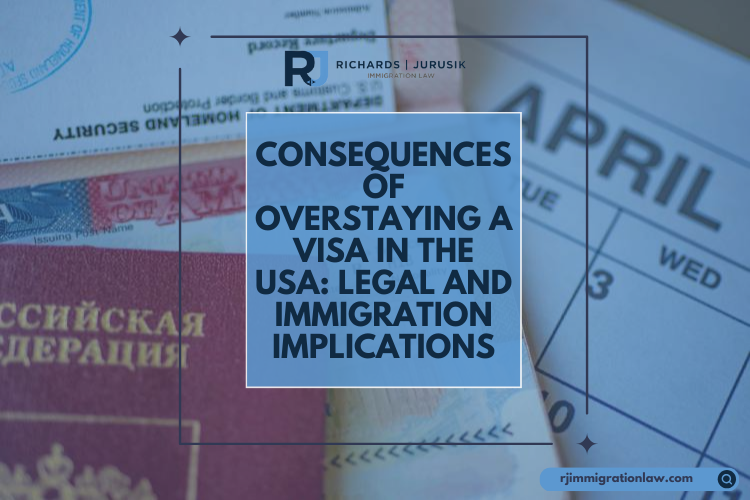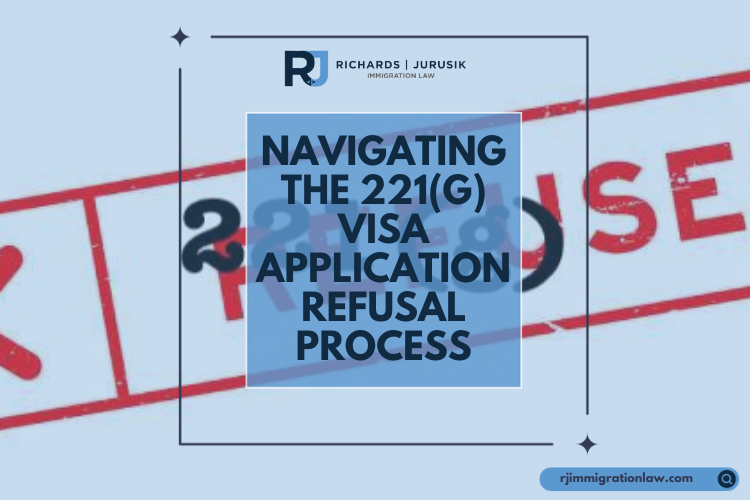Overstaying a visa in the USA is a serious matter with considerable legal and immigration consequences. When granted a visa, you’re allowed a specific period to stay in the country. Staying beyond this period without valid immigration status leads to unlawful presence, which can have severe repercussions.
Potential Consequences of Overstaying a Visa
- Immigration Consequences: Overstaying can severely affect your chances of obtaining future visas or immigration benefits, like a green card or citizenship. It may lead to removal proceedings, potentially resulting in a deportation order and a ban from re-entering the USA for a specific period.
- Legal Penalties: As a violation of U.S. immigration law, overstaying your visa can attract legal penalties. These can range from fines to travel restrictions and, in extreme cases, criminal charges, depending on the situation.
- Loss of Benefits: Overstaying can mean losing benefits associated with a valid immigration status. This loss extends to employment authorization, access to public benefits, and the ability to obtain a driver’s license.
- Difficulty Adjusting Status: Plans to change your status, such as transitioning to a green card, become more complicated or even unattainable due to overstaying. This can significantly hinder your long-term plans in the USA.
- Negative Impact on Future Immigration Applications: A history of overstaying can adversely impact future immigration applications. It’s seen as a violation of immigration law, potentially leading to delays, denials, or other unfavorable outcomes in subsequent applications.
Staying Compliant with U.S. Immigration Laws
It’s critical to adhere to the terms of your visa and comply with U.S. immigration laws. Failure to do so can have lasting negative effects on your legal status and future in the country.
Seeking Professional Guidance
If you’re concerned about your immigration status or have overstayed your visa, it’s advisable to consult a qualified immigration attorney. Professional legal advice can help you navigate the complexities of immigration law and explore potential solutions to rectify your situation.
Conclusion
Understanding the gravity of overstaying a visa in the USA is essential for maintaining legal status and safeguarding your future in the country. Adhering to visa conditions and seeking timely legal advice can help mitigate potential risks and complications.
Immigrant & Non-immigrant Visa (NIV) Waivers







